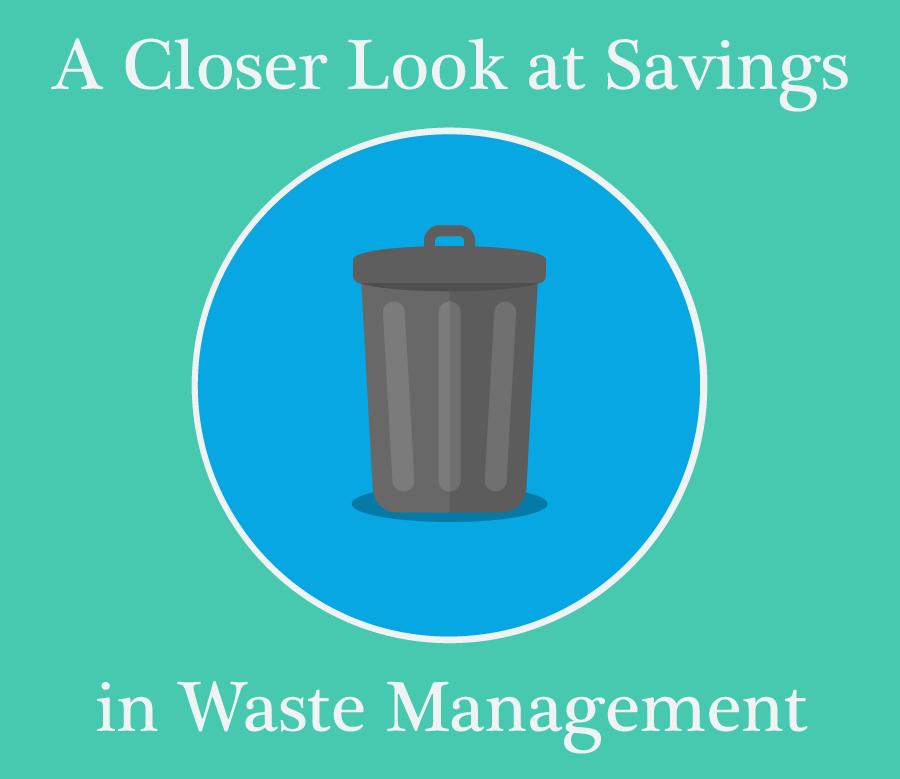Hospital waste management is a system more complex than it first seems, involving a complicated group of disposal methods that can increase the burden of healthcare logistics on any organization. When it comes to different types of waste, healthcare facilities must use a strict set of guidelines to dictate the appropriate way to dispose of waste safely and effectively.
There are several major waste disposal companies that specialize in this type of detail, most notably Stericycle and Waste Management, who operate multiple facilities across the globe. Large corporations can take the guesswork out of waste disposal for healthcare facilities and offer purchased services that can streamline and simplify the disposal process. Don’t get me wrong, there are many regional vendors that offer very competitive rates, so make sure to reach out to them if you conduct an RFP in this category.
Sub-Categories of Waste
There are four main groups that waste can be classified into:
1. Regulated Medical Waste
Any waste or refuse that comes into contact with a patient at a healthcare clinic is classified as medical waste, including materials that may have contaminated fluids in them. Such refuse typically requires biohazard disposal to ensure the safety of the collectors and to prevent the spread of disease.
2. Municipal Solid Waste
Municipal solid waste is typically defined as commercial waste from residential areas and businesses, including non-medical waste from healthcare facilities. This includes but is not limited to packaging, clothing and food scraps. Solid waste doesn’t normally require special accommodations for collection, though some municipalities may require the waste to be removed only by approved vendors.
3. CDD (Construction and Demolition Debris)
Waste produced from the construction or demolition of commercial or private residences falls into the category of CDD. While not considered hazardous by normal standards, special collection of these materials may be required, as well as using landfills dedicated to this type of waste.
4. Pharmaceutical and Hazardous Waste
Due to the impact they can have on the environment, special waste such as prescription medication falls into the category of pharmaceutical waste, and under law must be disposed of by approved methods.
The Environmental Protection Agency currently has no regulations on the disposal of expired prescriptions, though certain drugs (like those used in chemotherapy) must be incinerated to be compliant with the law.
How to Select an Appropriate Vendor
The use of approved, integrated waste disposal vendors is a new phenomenon and one that can streamline your waste-related healthcare logistics. Trained vendors with infrastructure designed around the proper disposal of waste can streamline the process and guarantee that the disposal is compliant with all appropriate legislation.
As different vendors have different specialties, you should choose a vendor whose services match the needs of your organization. It’s also wise to check the legal documents of a possible vendor to verify their certifications, as well as screening for hidden charges that may be assessed for certain pickup schedules or materials.
Create a free account on the Valify Marketplace to start searching waste management vendors in your area.
Finding Savings in Waste Management
With the costs that can be associated with the multitude of methods required for proper waste disposal, developing cost-saving strategies is critical to the big financial picture of your organization. While an integrated vendor can save you time and money, basic steps can often generate the most savings when it comes to waste disposal.
For example, physical methods such as compacting debris can save on the number of trips required to haul refuse. Incineration may save landfill space, but is considered a costly option and as such is generally avoided unless required by law. Even something as simple as proper sorting of refuse by patrons and customers can save time and manpower that would be required to separate them, and can add up to large savings over time.
Be careful when a vendor guarantees a per pound rate without including all other costs. When you get to the end of the year, you will most likely be shocked at the fact that you paid twice that amount. This is due to the multitude of fees these vendors assess for pick up fees, fuel surcharges, etc.
Ultimately, when it comes to hospital waste management, small steps can deliver big results.

